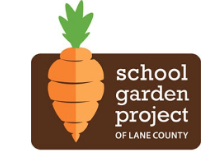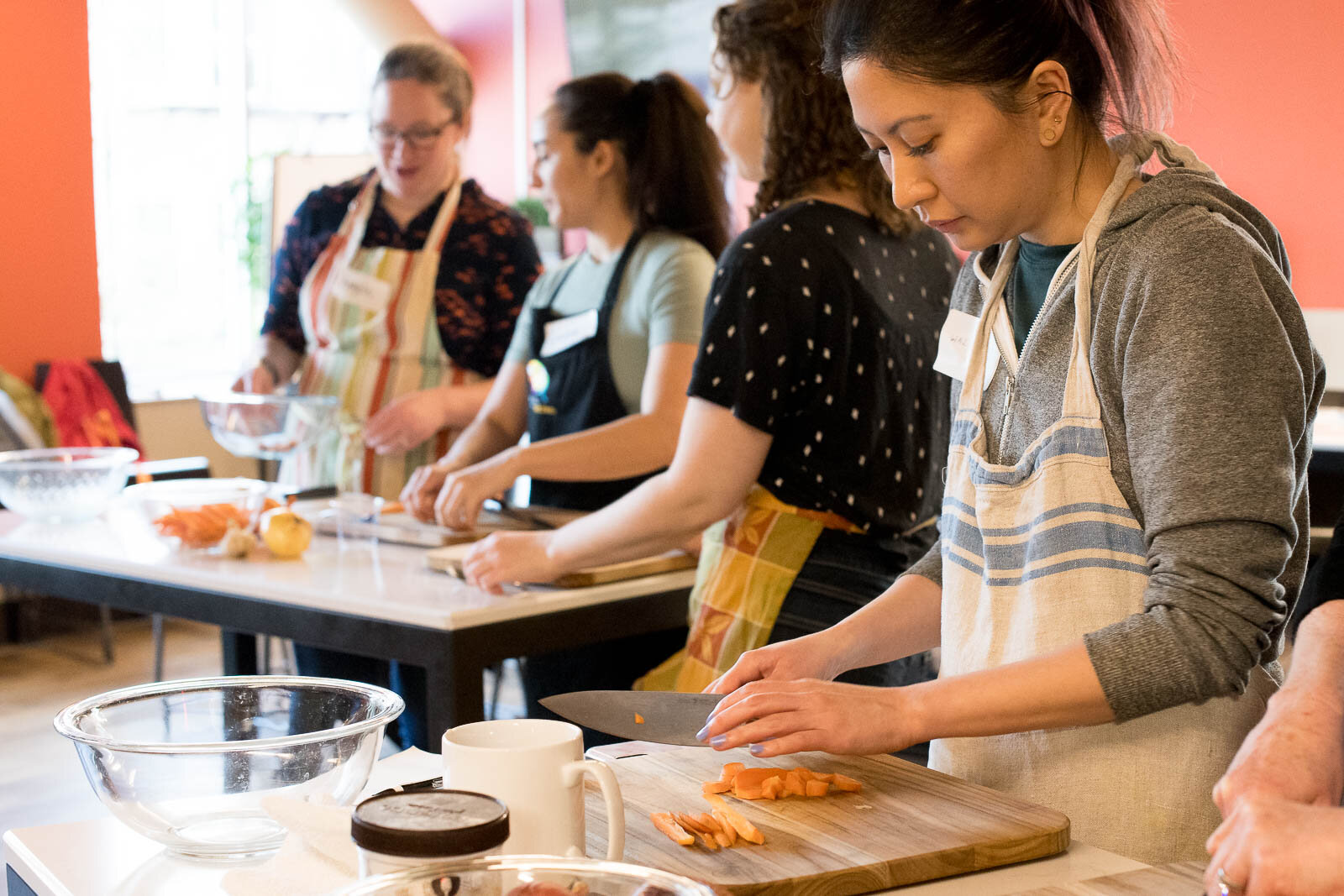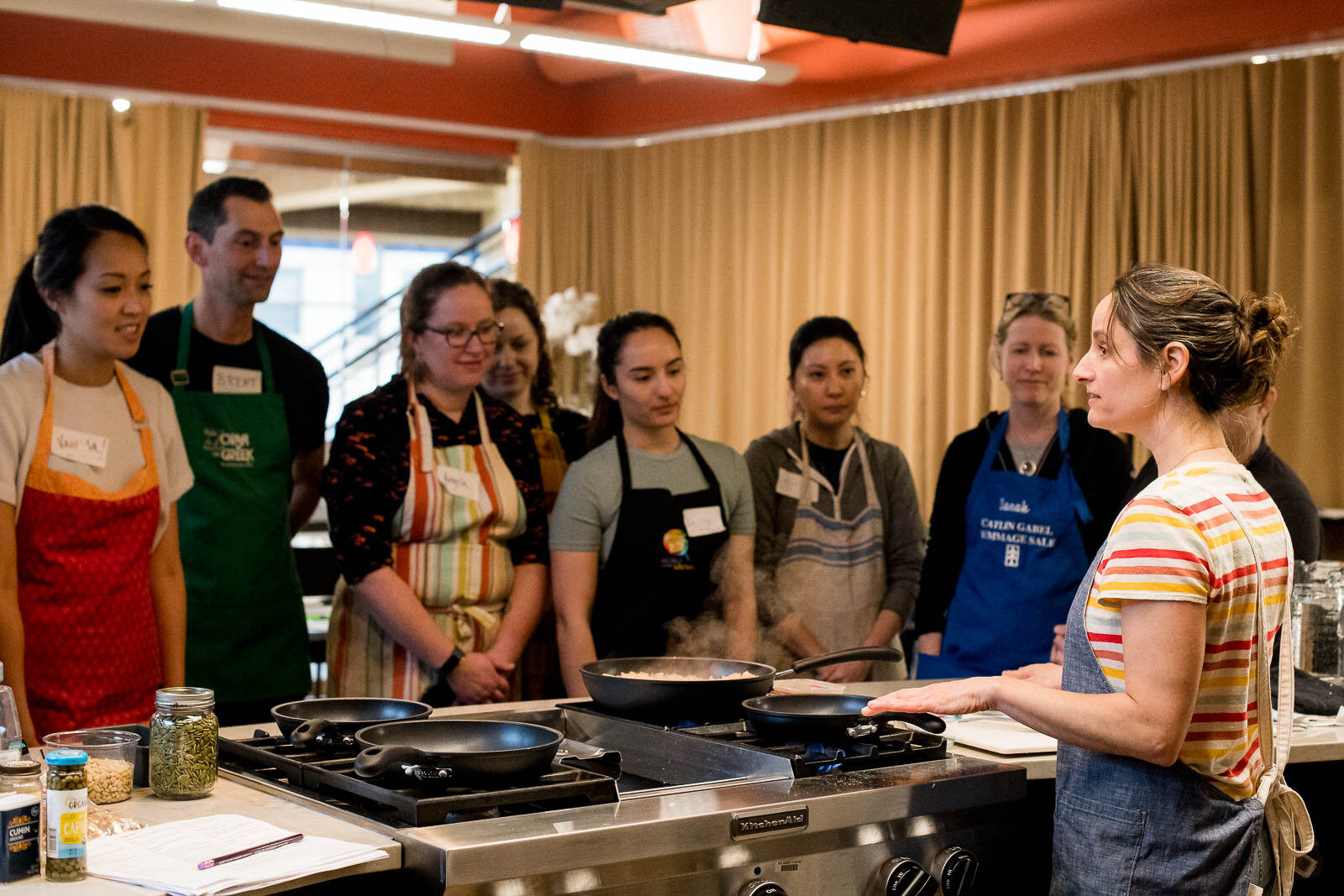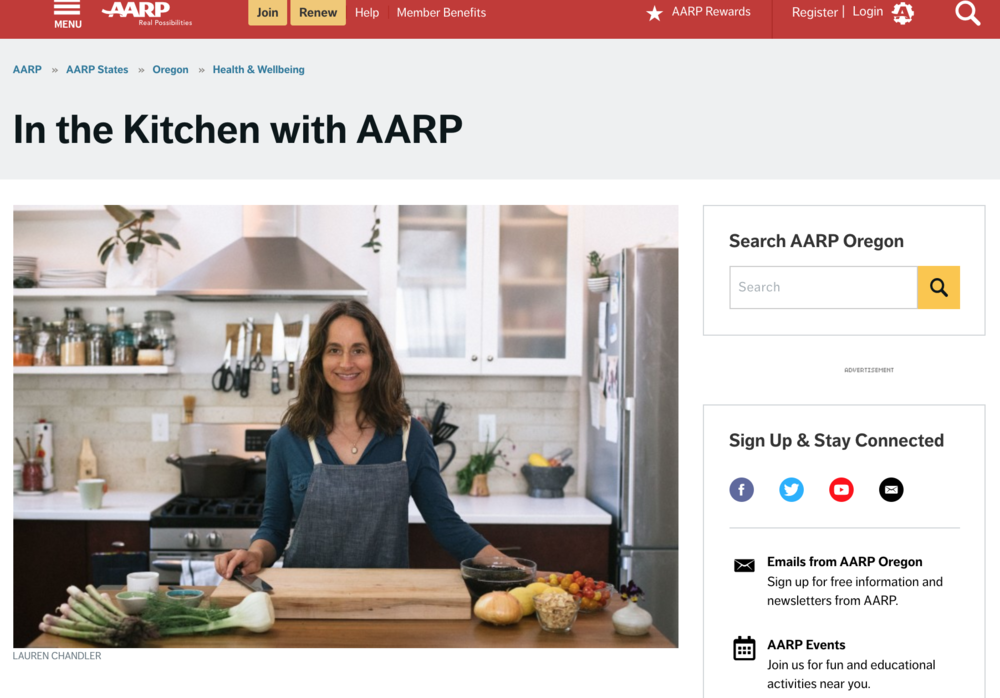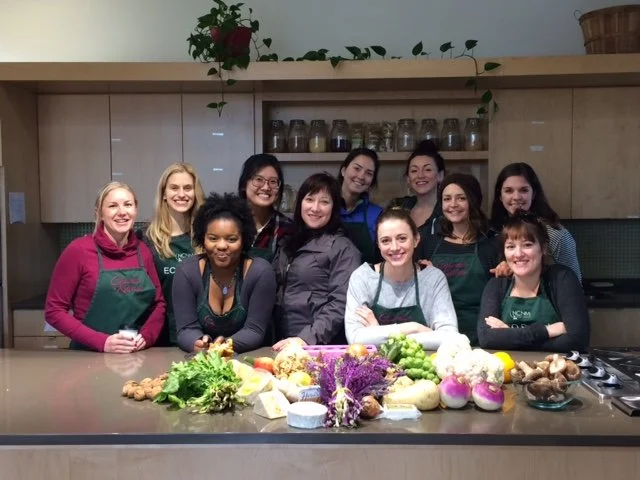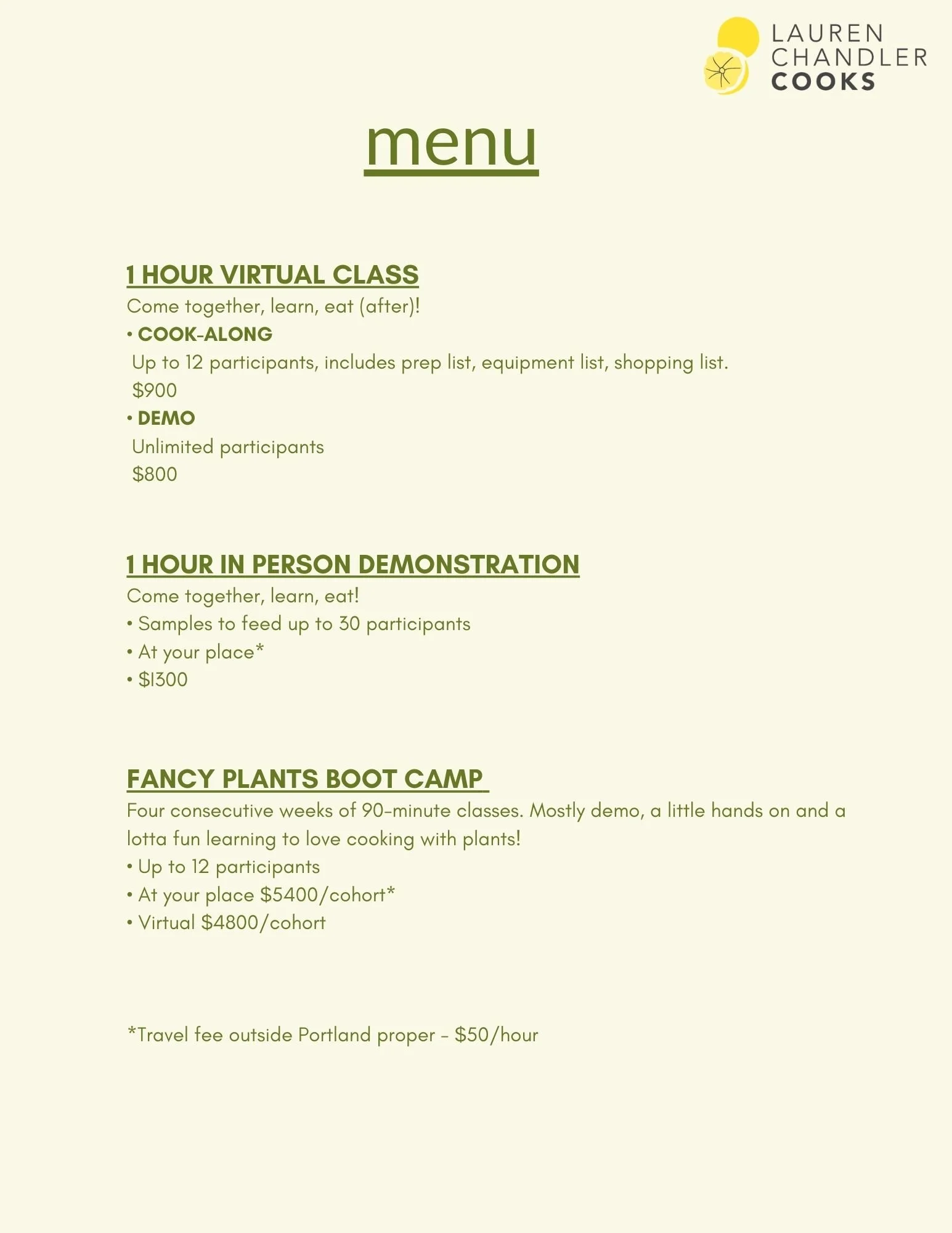You are looking to host a fun, casual, unique experience that packs a punch!
You are excited about sharing a life enriching activity with your community that has a positive impact on their life.
You know that good food brings people together.
You are aware of the buzz around plant-forward eating and wonder if this could be a great way for your group to learn about it.
You’re in the right place!
Fire it up! These experiences increase confidence and skills preparing plant-forward meals through demonstration, a little hands-on learning, engaging dialogue, and a lot of eating delicious food. Omnivores, vegetarians, vegans welcome! This is for anyone who wants to up their game in the kitchen and eat more plants.
Examples of class topics:
Seasonal Sheet Tray Meals
Plant-based Sauces + Dressings
Snack Attack
All About Amaranth
Pantry Upgrade
Healthier Sweets
Cooking at Camp
I’ve got you covered! For 25 years I have demystified plant-forward eating to students of all ages, skill levels, and dietary preferences at dozens of nonprofits, workplaces, schools and hospitals.
Choose one class, monthly, quarterly/seasonally, or go big with a four week Fancy Plants Boot Camp, in person or virtual! These experiences teach participants to seamlessly integrate more plants into their diet for meals and years to come.
Please fill out the form below and Lauren will be in touch.
“It was so special to enjoy our cakes together on our video call later that evening. Really made it feel like we were around the same table enjoying the same dish!”
“Several clients adopted diet changes because of her classes and have seen immediate results! Not only was the class informative and fun, it was also grounded in principles of justice, equity, and inclusion.”
“I absolutely loved what we prepared and enjoyed some new tastes that I otherwise wouldn’t have experienced. ”
“My passion for food grew immensely and I walked away knowing so many more skills than I could have imagined. ”
“I never thought about a time in my life that cooking skills would be so important to my health, and my ability to balance my budget. I use these cooking skills weekly if not daily!”
FAQ’s
How will it work at my location if we don’t have a kitchen you can use?
No problem! As long as there’s a sink, a few long tables, an electrical outlet nearby, and a cart to roll in my mobile kitchen, we’re good.
Do you do cooking experiences for groups of clients, like instead of going golfing? Is that a thing?
Absolutely! It’s a really fun way to switch it up.Can we do a virtual activity if we have people in different time zones?
Yep.Will all of the food be vegan?
It can be but doesn’t have to be! We’ll come up with the menu together so that everyone is accommodated.What exactly is “plant-forward”?
A style of cooking and eating that emphasizes and celebrates, but is not limited to, plant-based foods - including fruits and vegetables (produce); whole grains; beans, other legumes (pulses) and soy foods; nuts and seeds; plant oils; and herbs and spices - and that reflects evidence-based principles of health and sustainability.Source: Menus of Change, a joint initiative of Harvard T.H. Chan School of Public Health Department of Nutrition and the Culinary Institute of America.


















